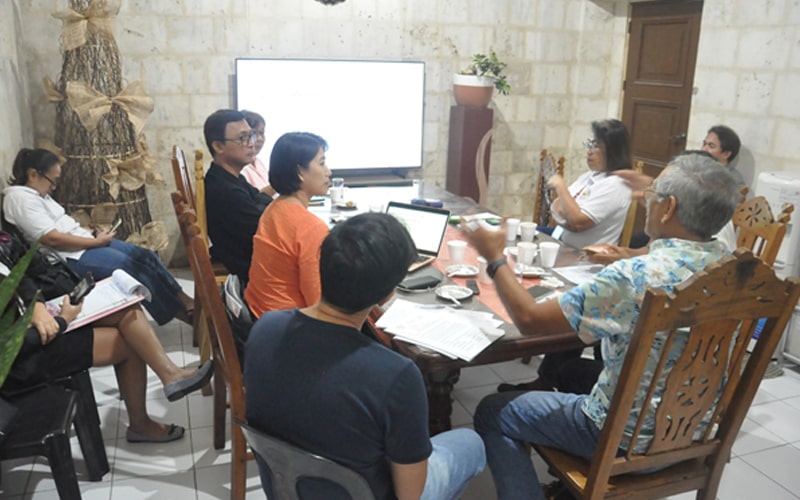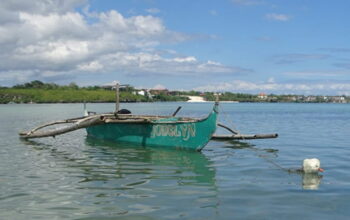
CORTES, Bohol (PIA)—In the advent of yet another whale shark watching operations in Catarman, Dauis, the Provincial Tourism Council (PTC) reiterates its appeal for government agencies and local government units to urgently act on the blatant disregard of laws in these operations.
The meat of the PTC plea is for those concerned agencies and LGUs to stop the bad practice of feeding whale sharks to keep them in the shallows where tourist operators can exploit the presence of these migratory sea animals for money.
Writing a second time to Department of Environment and Natural Resources (DENR) Secretary Maria Antonia Yulo-Loyzaga, Department of Tourism Secretary Christina Garcia-Frasco, Department of Agriculture Secretary Francis Tiu Laurel, Department of Interior and Local Government Secretary Jonvic Remulla, Bohol Governor Erico Aristotle Aumentado, and Bohol mayors Atty Arturo Piollo II of Lila, Don Ritchie Buates of Alburquerque and Roman Bullen of Dauis, the PTC restated its call for the officials to take concrete steps and enforce the law, ordinance and regulations on the conduct of whale shark interactions.
The activities, according to the council, are conducted in violation of mandatory legal requirements, like obtaining an Environmental Compliance Certificate (ECC) prior to undertaking the activity that will affect the quality of the environment.
he council claimed that, at least in Lila and Alburquerque, where whale shark interactions are happening, there is brazen defiance and violation of a number of provisions of Provincial Ordinance No. 2020-008 and the Joint Memorandum Circular No. 01 series of 2020 of the DOT, DENR, DA, and DILG particularly in the prohibition on feeding of whale sharks.
The International Union for Conservation of Nature lists the whale shark as endangered species and the Fisheries Administrative Order 193, puts the whale shark among others under protection.
Highly migratory to possibly diversify their food and allow a much healthier nutrition, whale sharks are also believed to eat over 20 kilograms of krill and plankton everyday to survive.
GreenPeace Philippines in a previous statement urging action against feeding of whale sharks, said feeding can restrict the animal’s migratory patterns creating an “ecological trap” as dictated by feeding, and this will alter their ecological roles and ecological needs.
Observations in Lila whale shark interaction show that operators prepare a pail of krill for a usual group of seven to 10 individual whale sharks from 5 AM to 10 AM.
At this rate, a juvenile whale shark could eat at most some 2 kilos of krill, certainly not enough for them to last the day.
After the interactions, the whale sharks dive to the deep most of the time, and only resurface when it is eating time.
If the whale sharks do not migrate to their deep habitats or the next feeding area, which are possibly mating and pupping grounds, they will be unable to perform their ecological roles in these ecosystems, GreenPeace continued.
While the council wrote to the officials last September 27, 2024, it added now that at least 2 new whale shark interaction sites are being initiated in Catarman and in Dao, Dauis.
What complicates the situation in Bohol is what the PTC claimed as involvement of foreign investors.
Under the 12th Foreign Investment Negative List, the PTC reasserts that no foreign equity is allowed in activities involving the utilization of marine resources in archipelagic waters, territorial sea or exclusive economic zones, following the constitutional mandate that the state has to protect the nation’s marine wealth in its archipelagic waters, reserved exclusively for Filipinos.
In conclusion, the PTC letter signed by Atty Lucas Nunag, co-chair, also expressed fear that the image of Bohol as the country’s first and only UNESCO Global Geopark and as a pillar of sustainable and responsible tourism, is in grave peril if this malignant situation is allowed to continue. (RAHC/PIA_7/Bohol)



